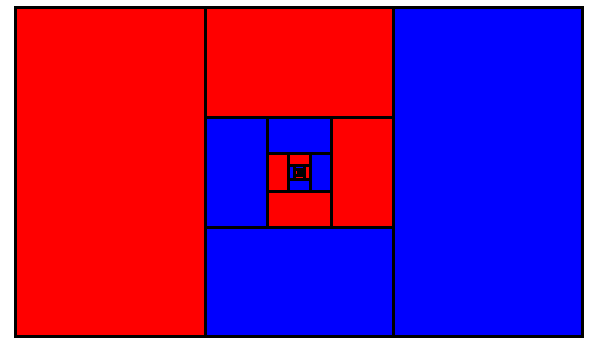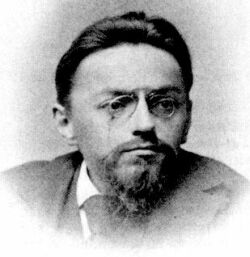ONE + TWO – THREE – FOUR + FIVE = 1
That’s true if we replace each word either with the number it denotes or with the quantity of its letters: Either way we’re left with 1. Another:
ONE + TWO – THREE – FOUR + FIVE – SIX + SEVEN + EIGHT + NINE – TEN + ELEVEN + TWELVE – THIRTEEN – FOURTEEN = 5
These are the only two such sequences using 20 or fewer consecutive number names, found Leonard Gordon, although other sequences of plus and minus signs are possible.
In a separate but related project, Gordon assigned the number names ONE through FIFTEEN, ONE through NINETEEN, and ONE through TWENTY to either side of an equals sign so that the denoted equation is mathematically correct and each equation “balances,” with the same number of letters on each side:
ONE + FOUR + SEVEN + TEN + ELEVEN + THIRTEEN + FOURTEEN = TWO + THREE + FIVE + SIX + EIGHT + NINE + TWELVE + FIFTEEN
ONE + THREE + FIVE + SEVEN + NINE + SIXTEEN + SEVENTEEN + EIGHTEEN + NINETEEN = TWO + FOUR + SIX + EIGHT + TEN + ELEVEN + TWELVE + THIRTEEN + FOURTEEN + FIFTEEN
ONE + THREE + SIX + NINE + TEN + TWELVE + THIRTEEN + FIFTEEN + SEVENTEEN + NINETEEN = TWO + FOUR + FIVE + SEVEN + EIGHT + ELEVEN + FOURTEEN + SIXTEEN + EIGHTEEN + TWENTY
(“Self-Referential Sums Revisited,” in “Kickshaws,” Word Ways 28:3 [August 1995], 170-180.)




